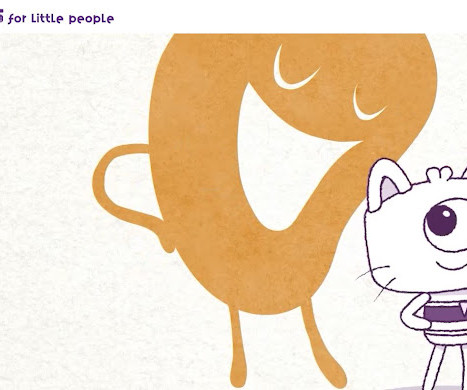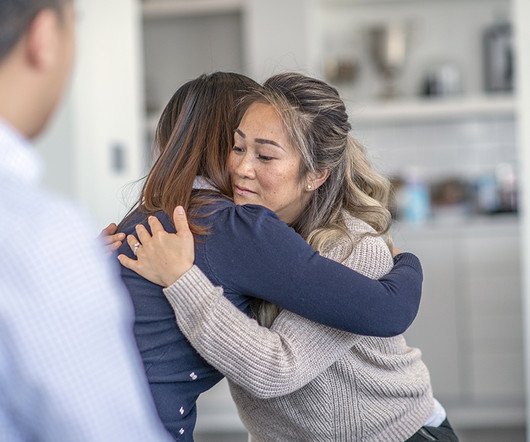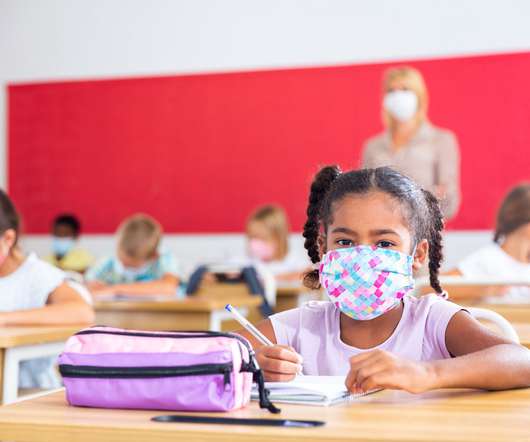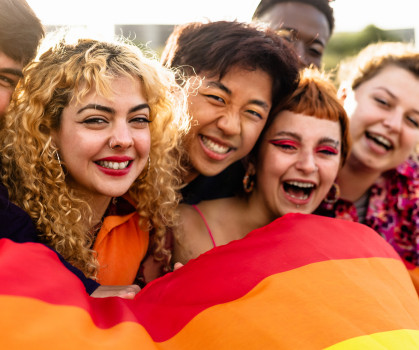Associations Between Organised Sport Participation and Children’s Mental Health
Learning Through Sport
MARCH 8, 2024
I am currently working on a few mental health education initiatives arsing from the Big Talks for Little People program for primary schools (see here ). 2016) Participation in organised sports during childhood is associated with better social and emotional health when compared with nonparticipation. to set up a time to chat.












Let's personalize your content